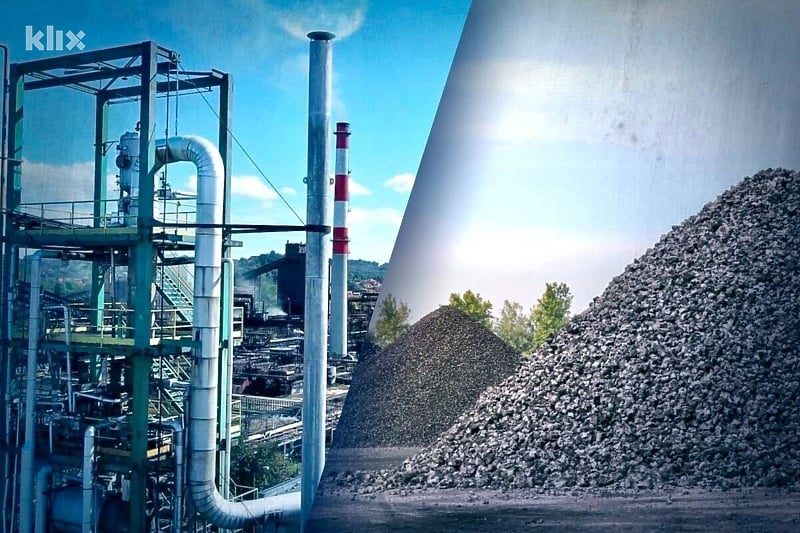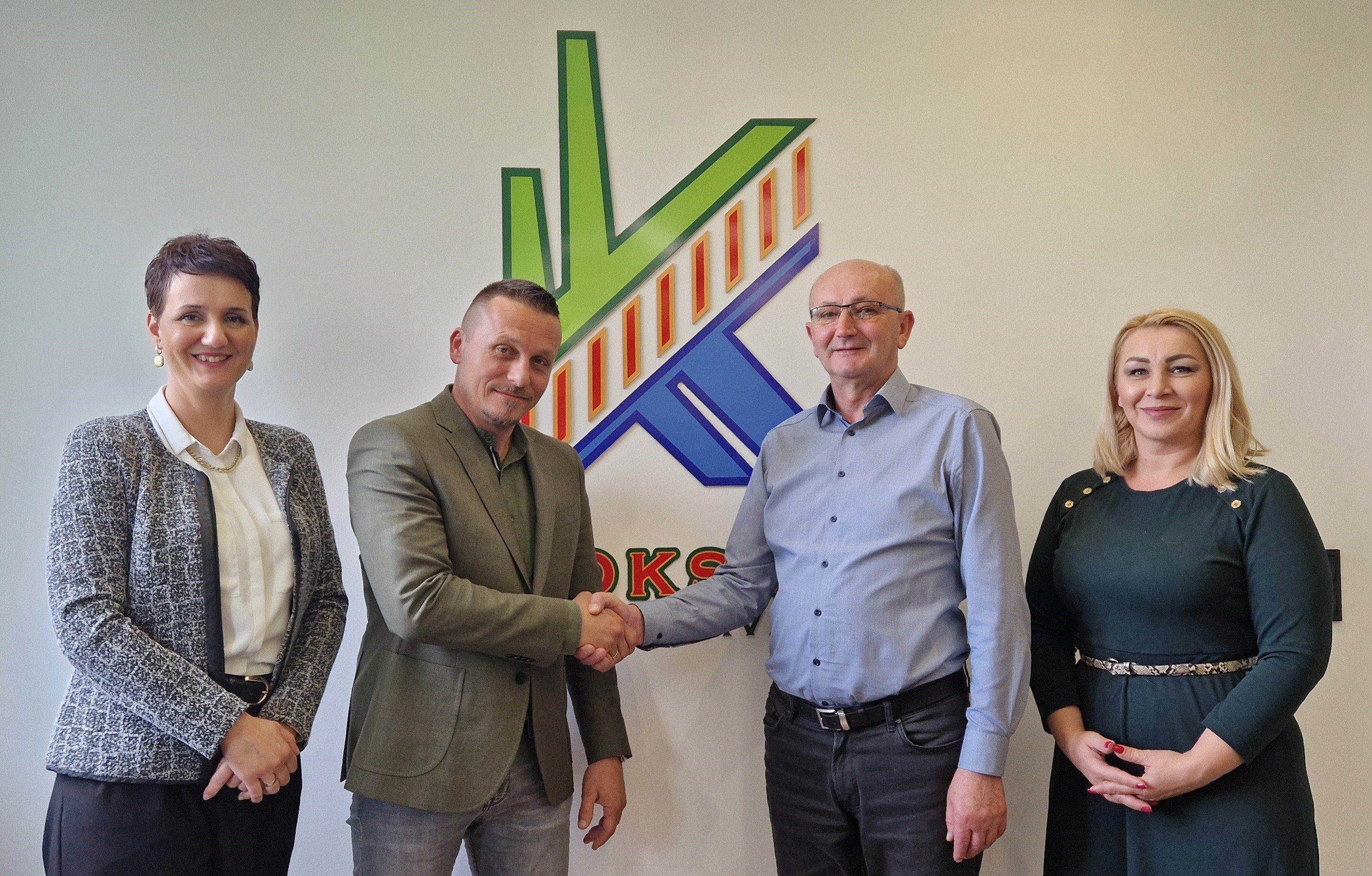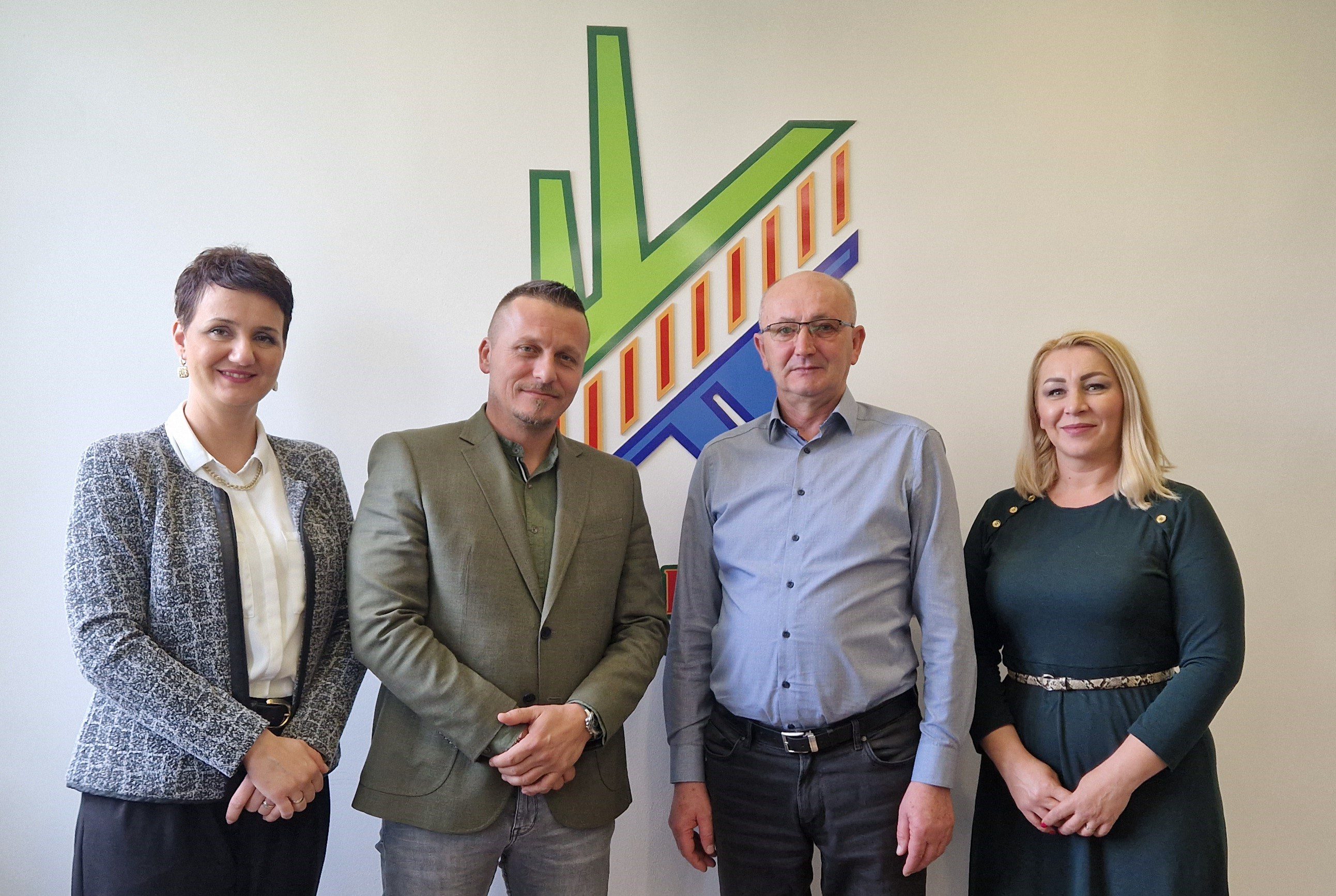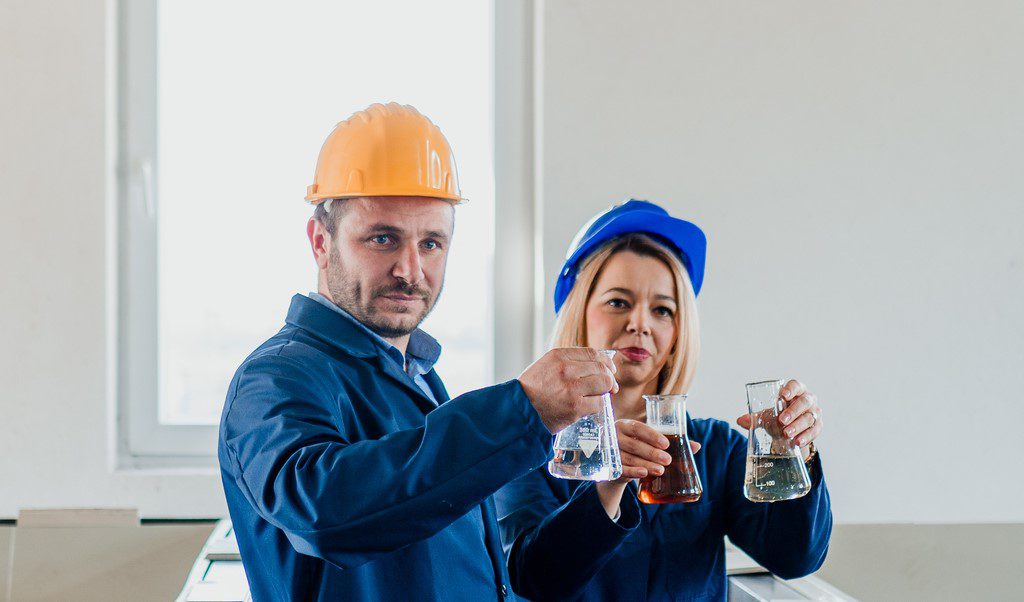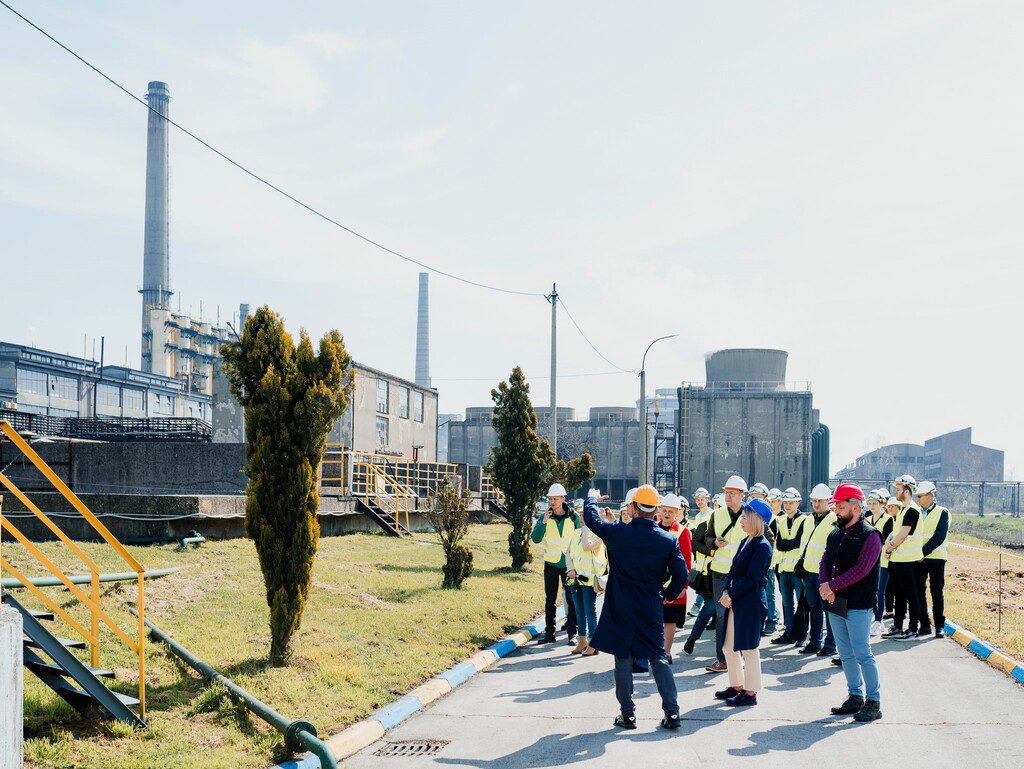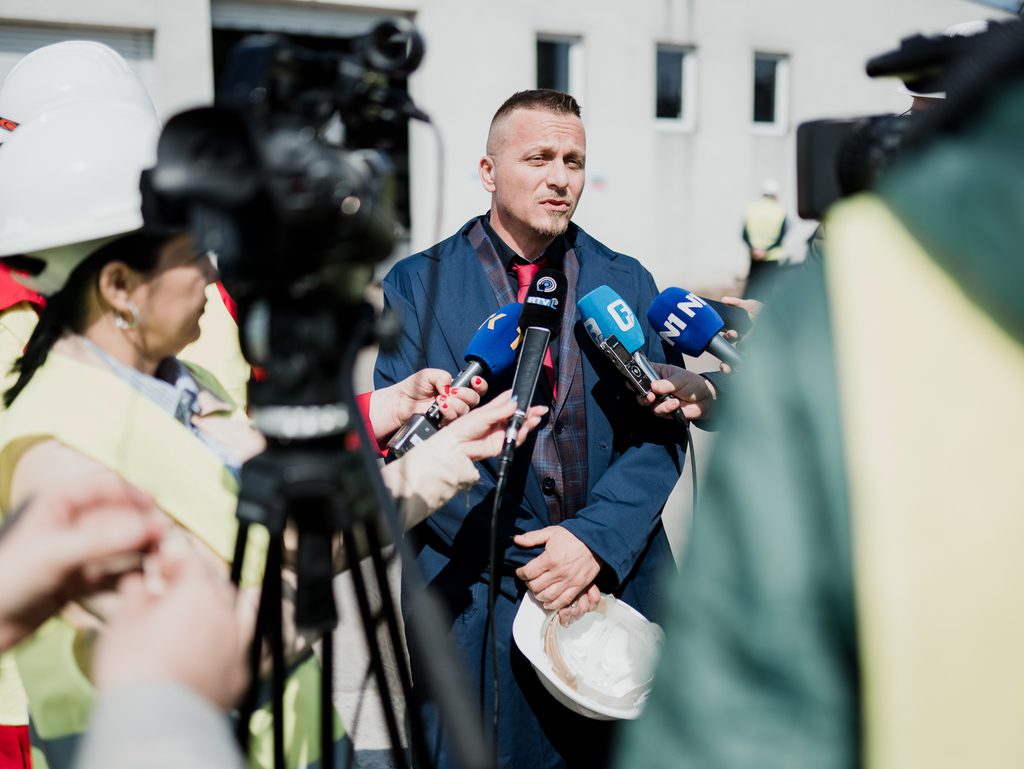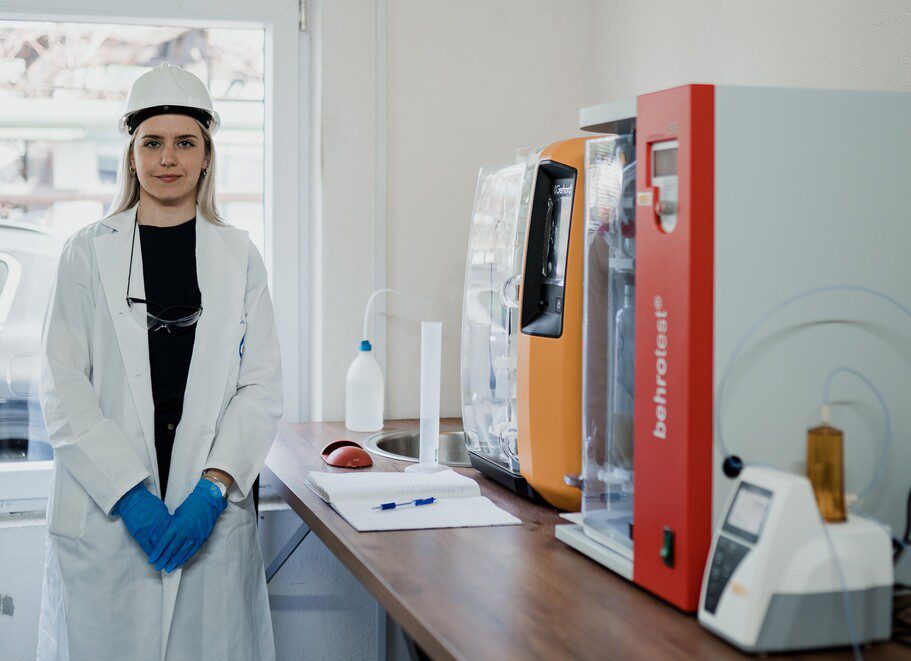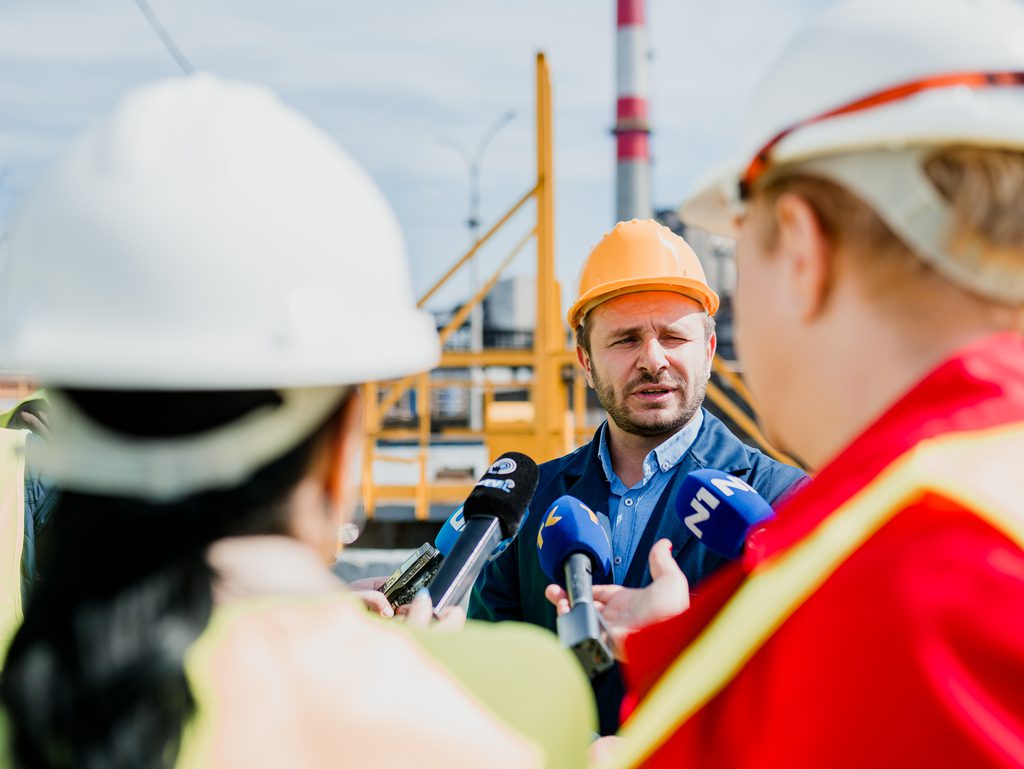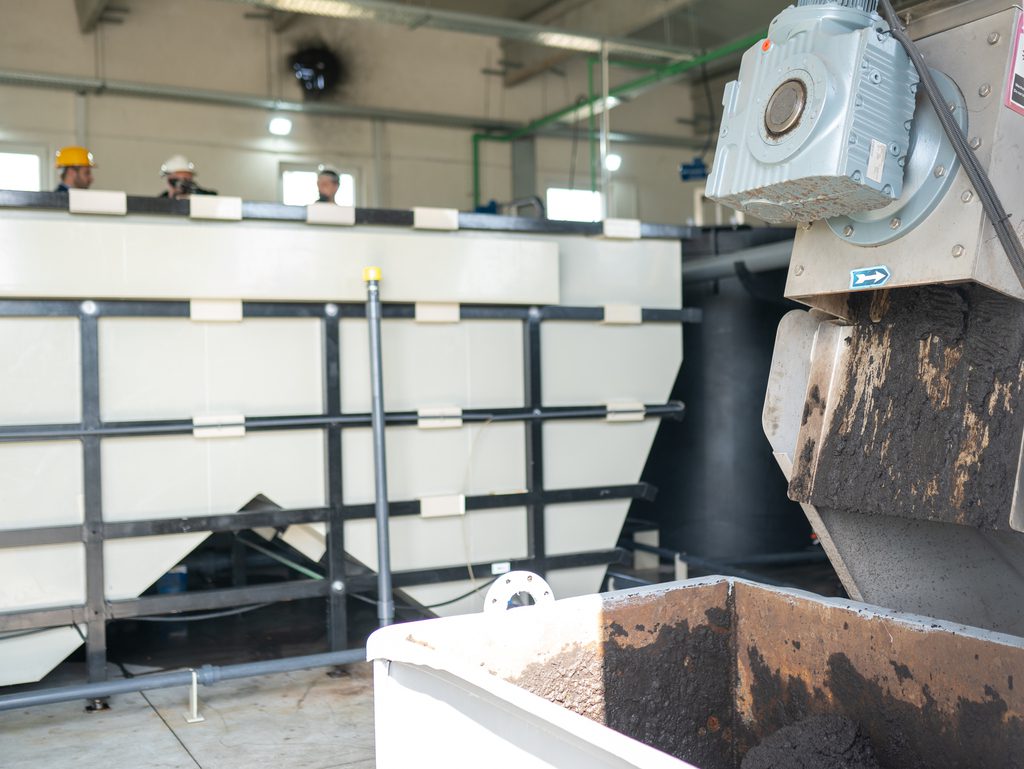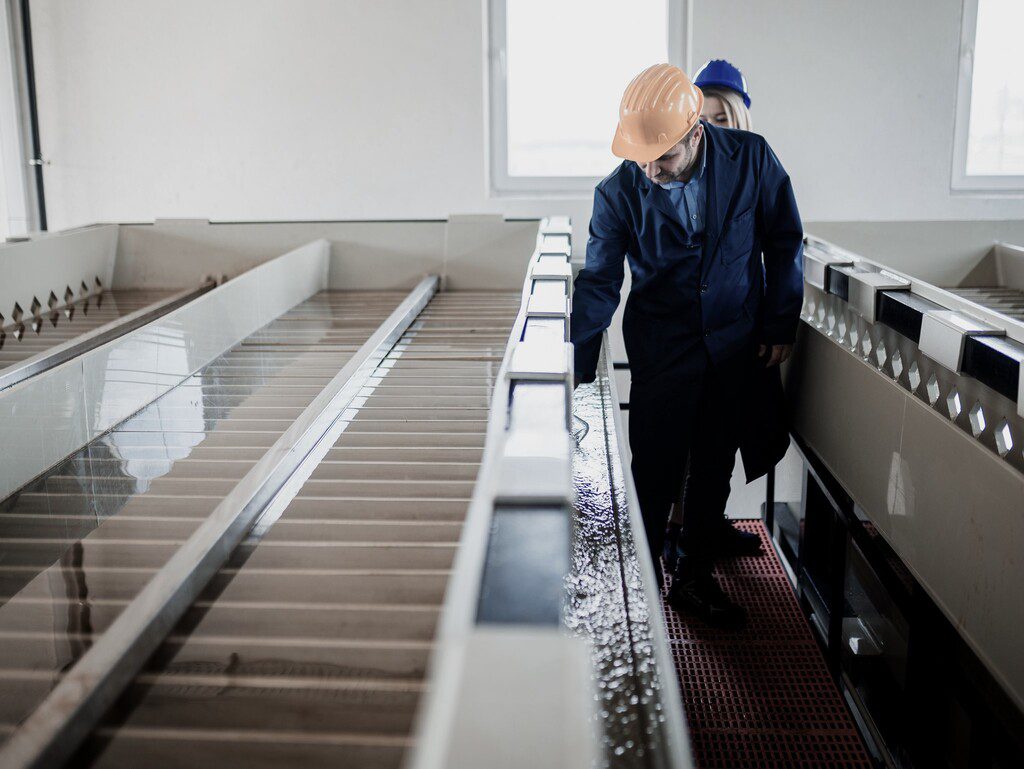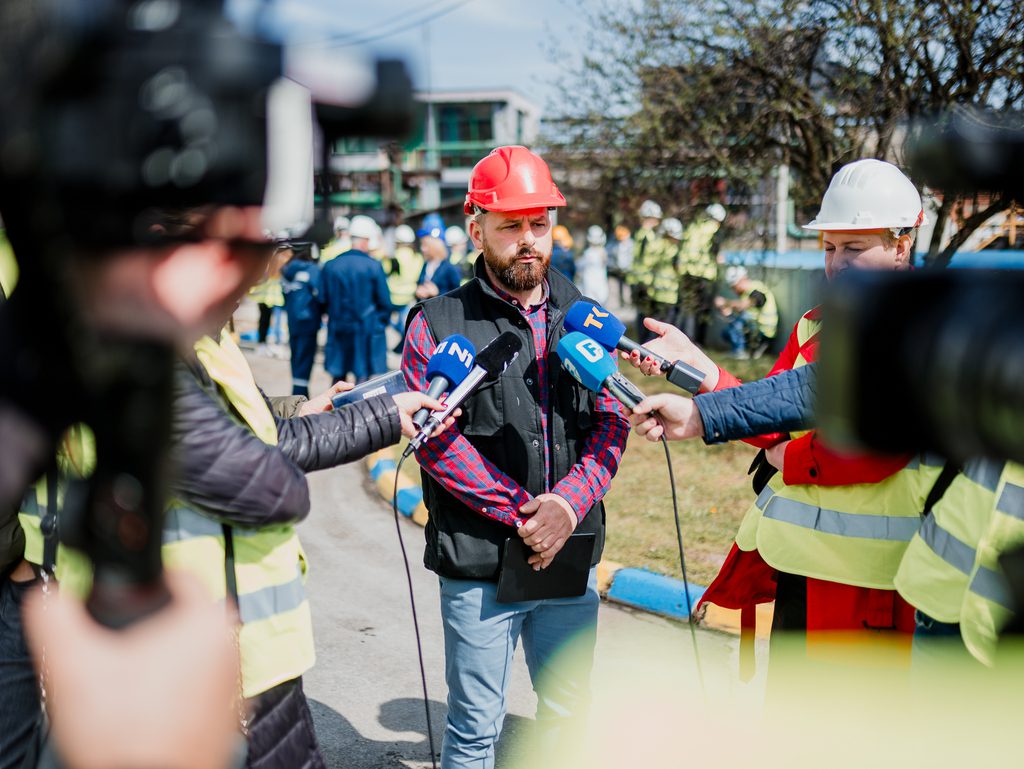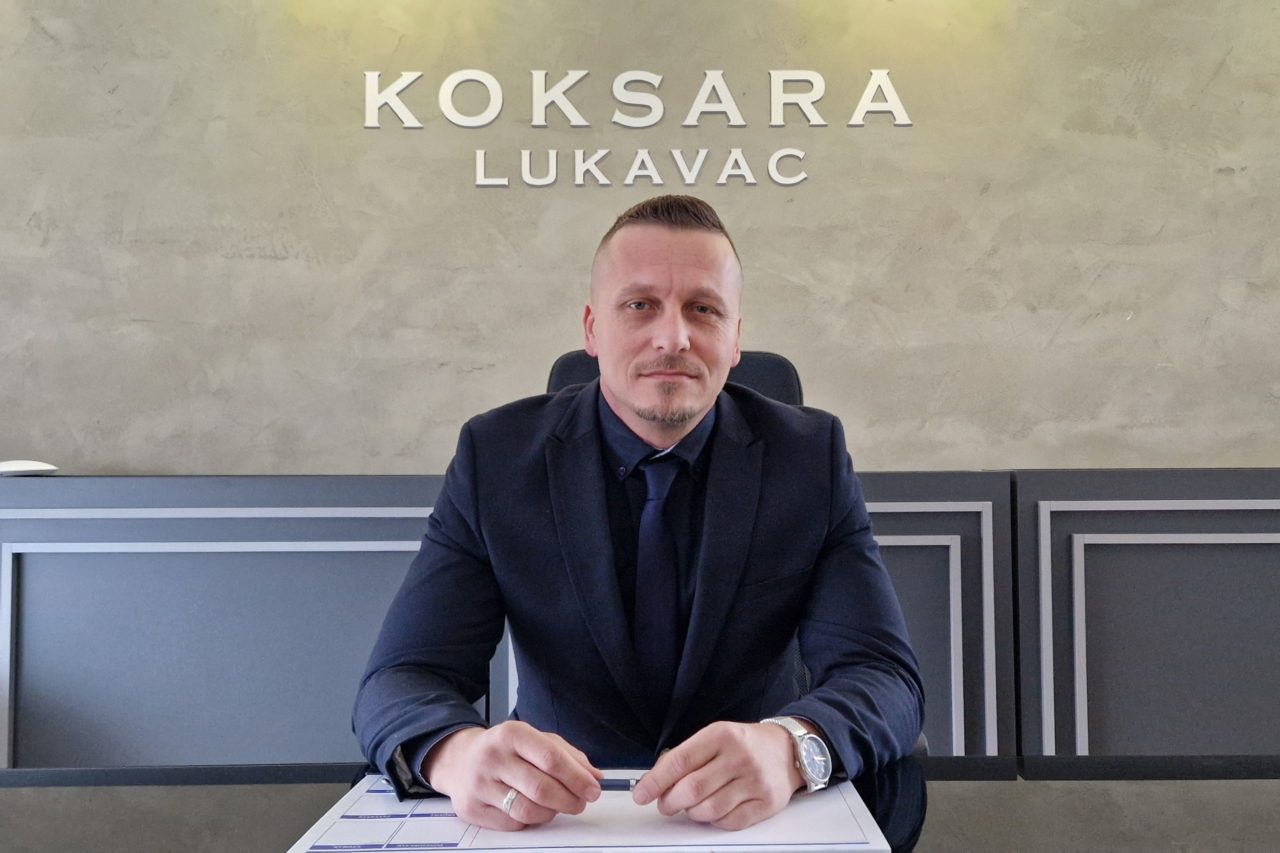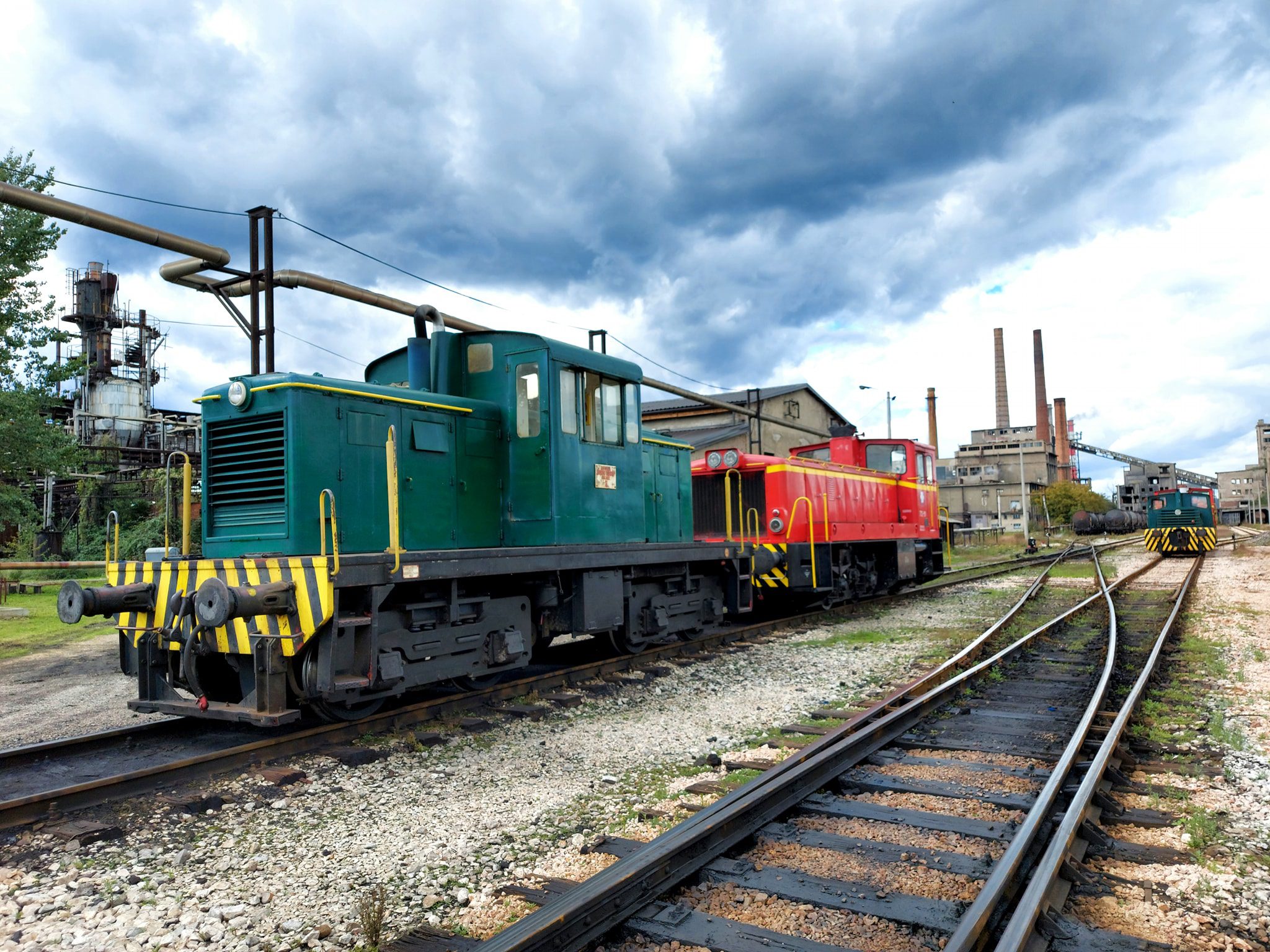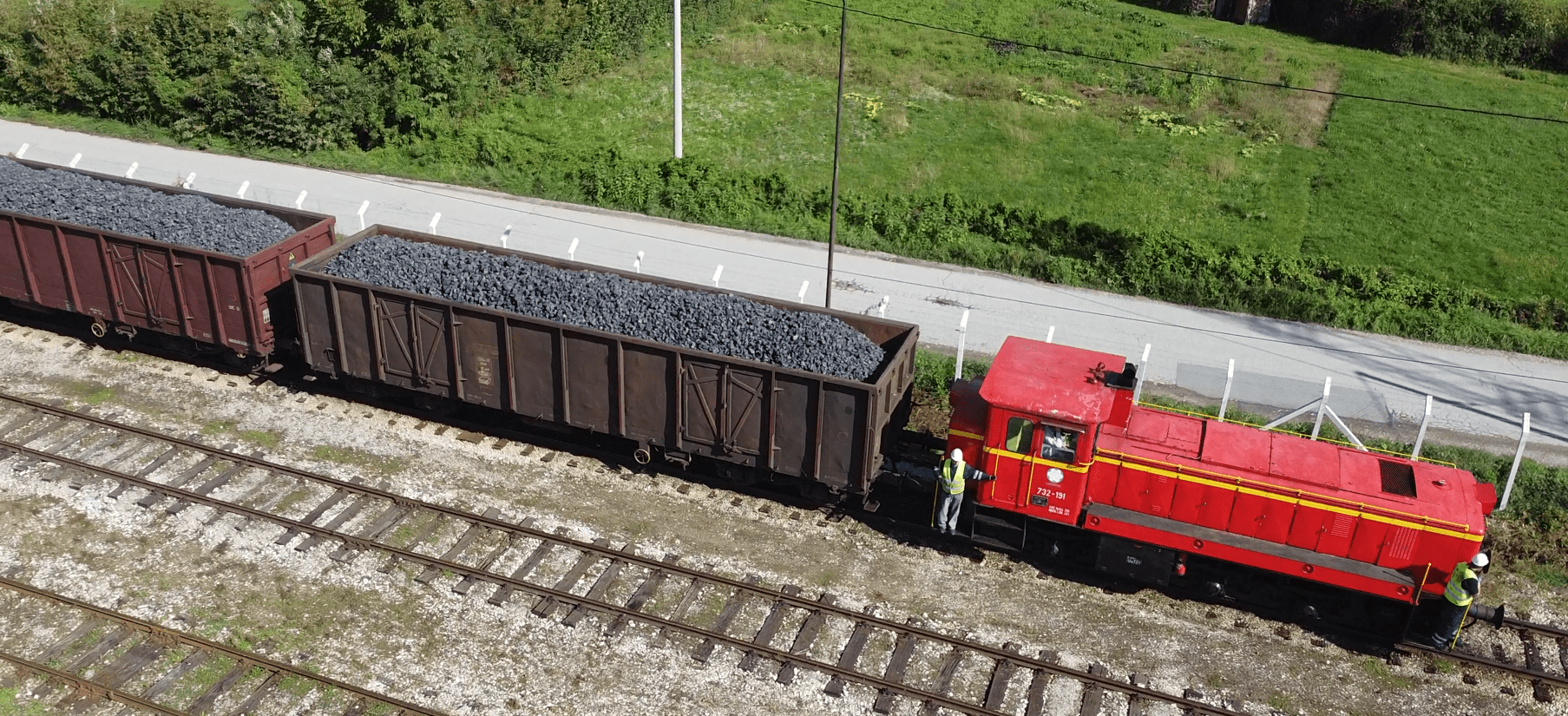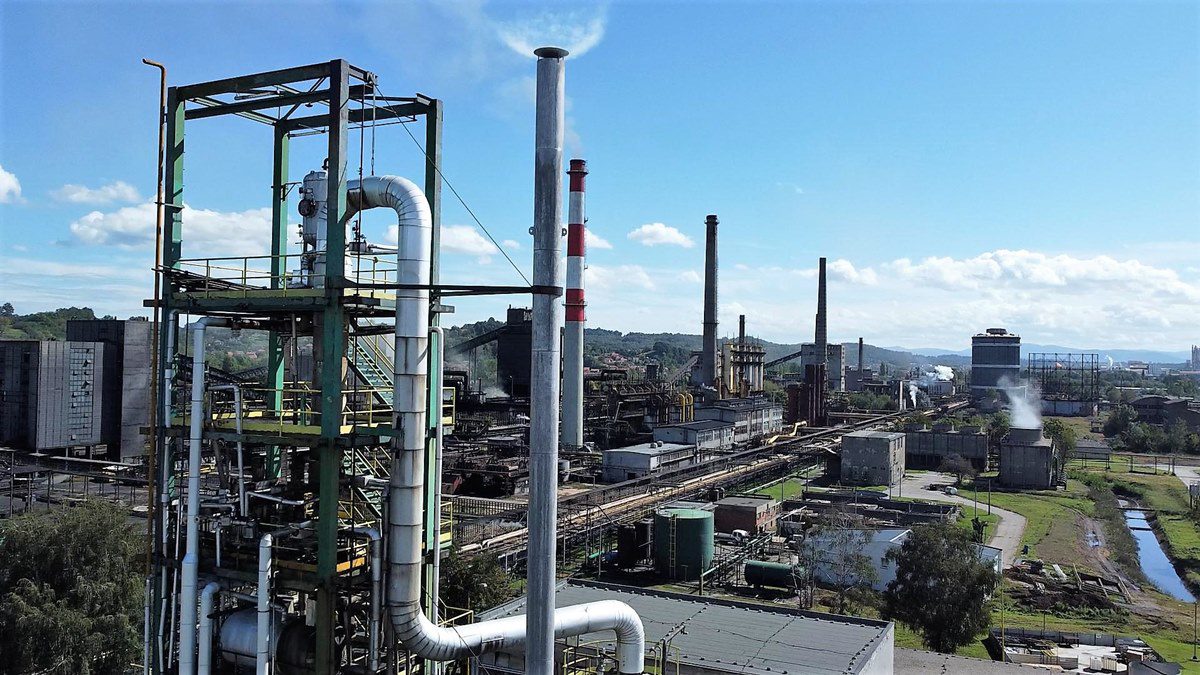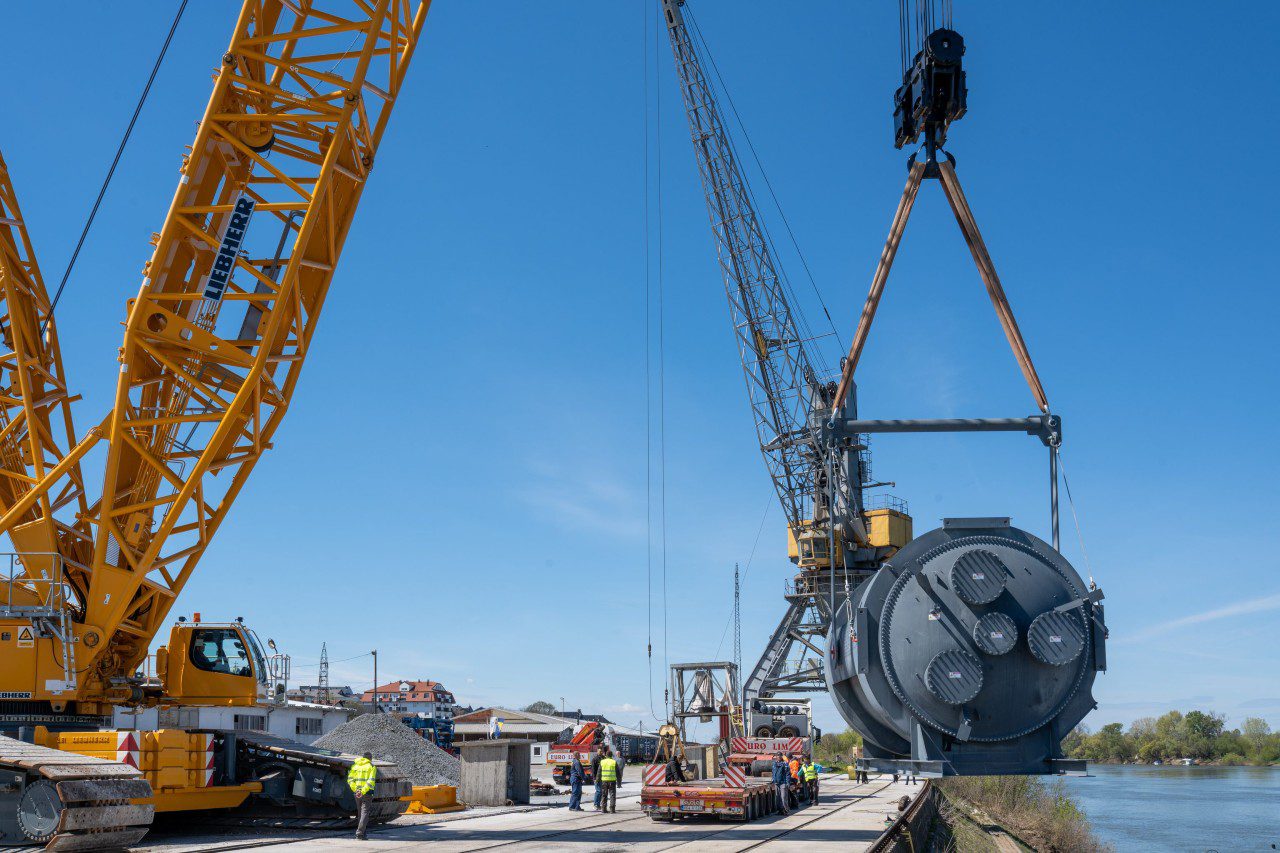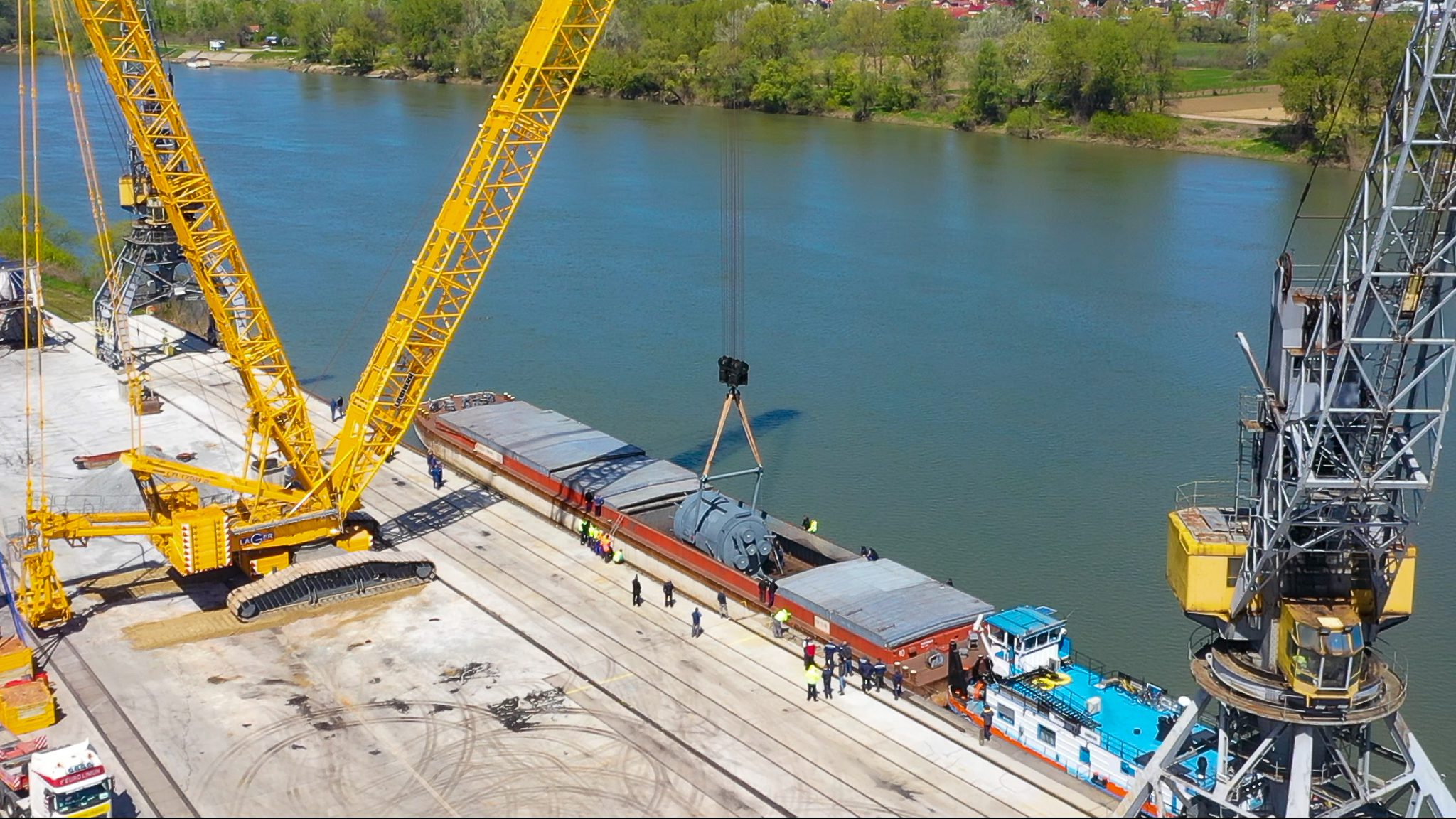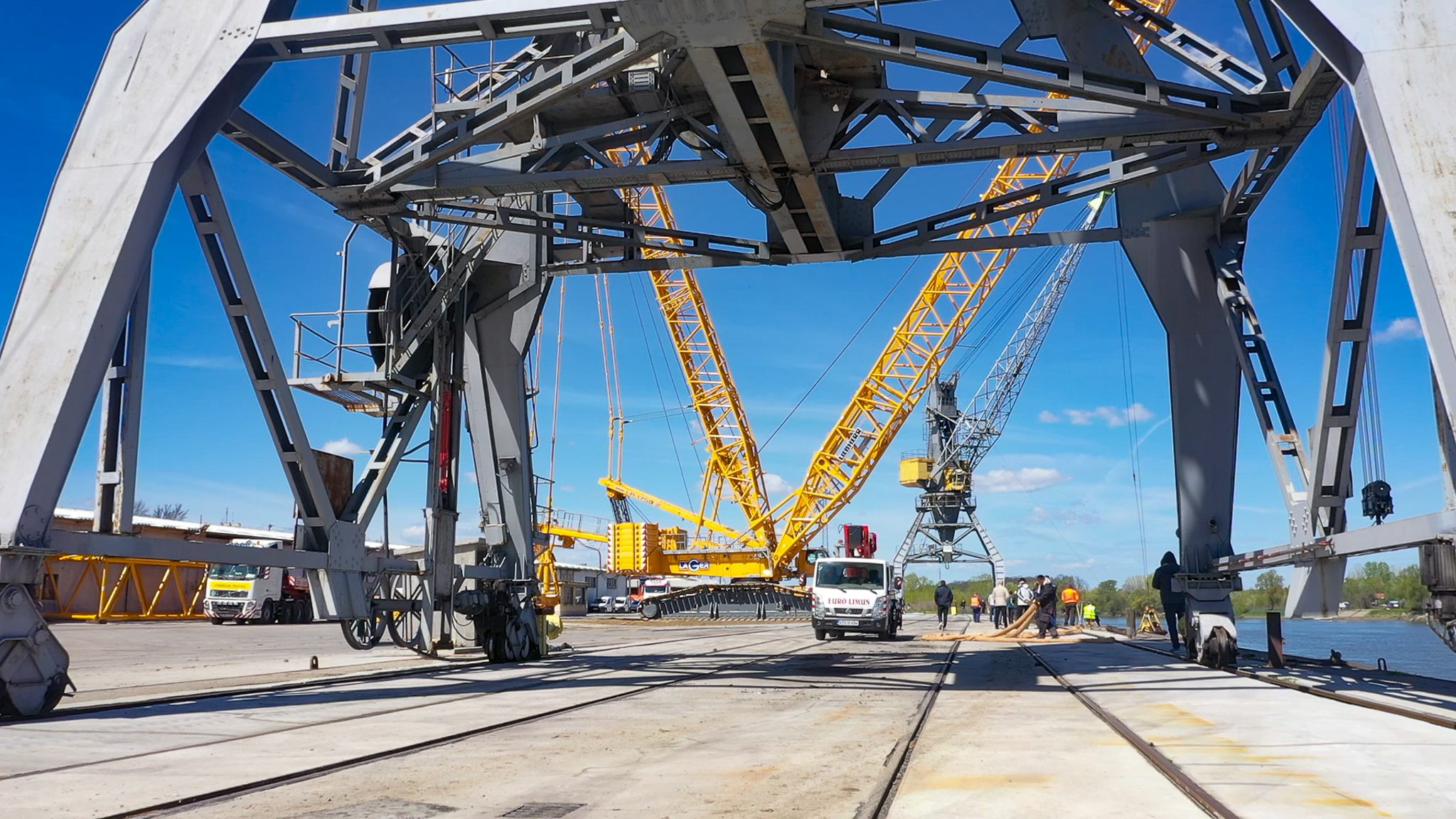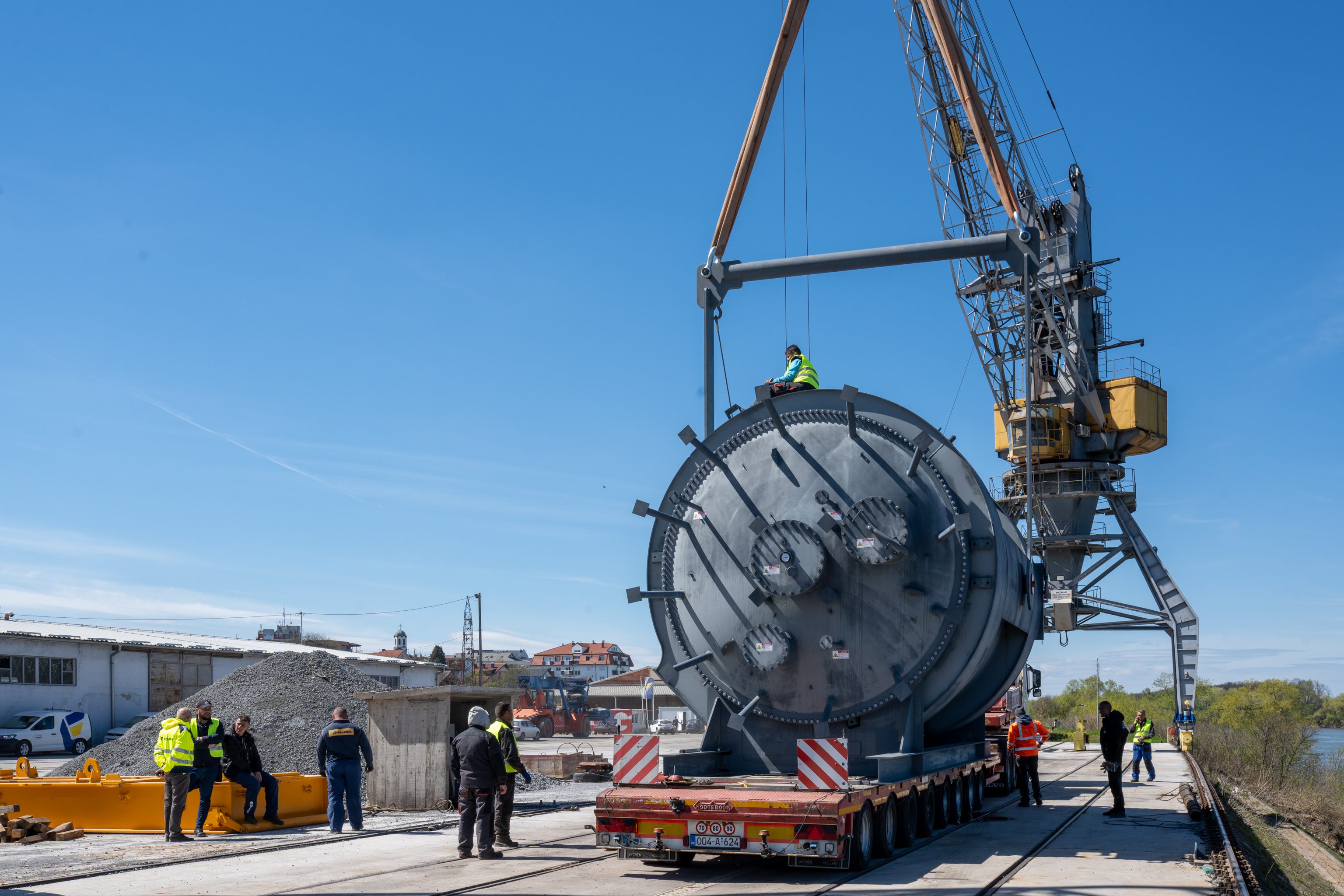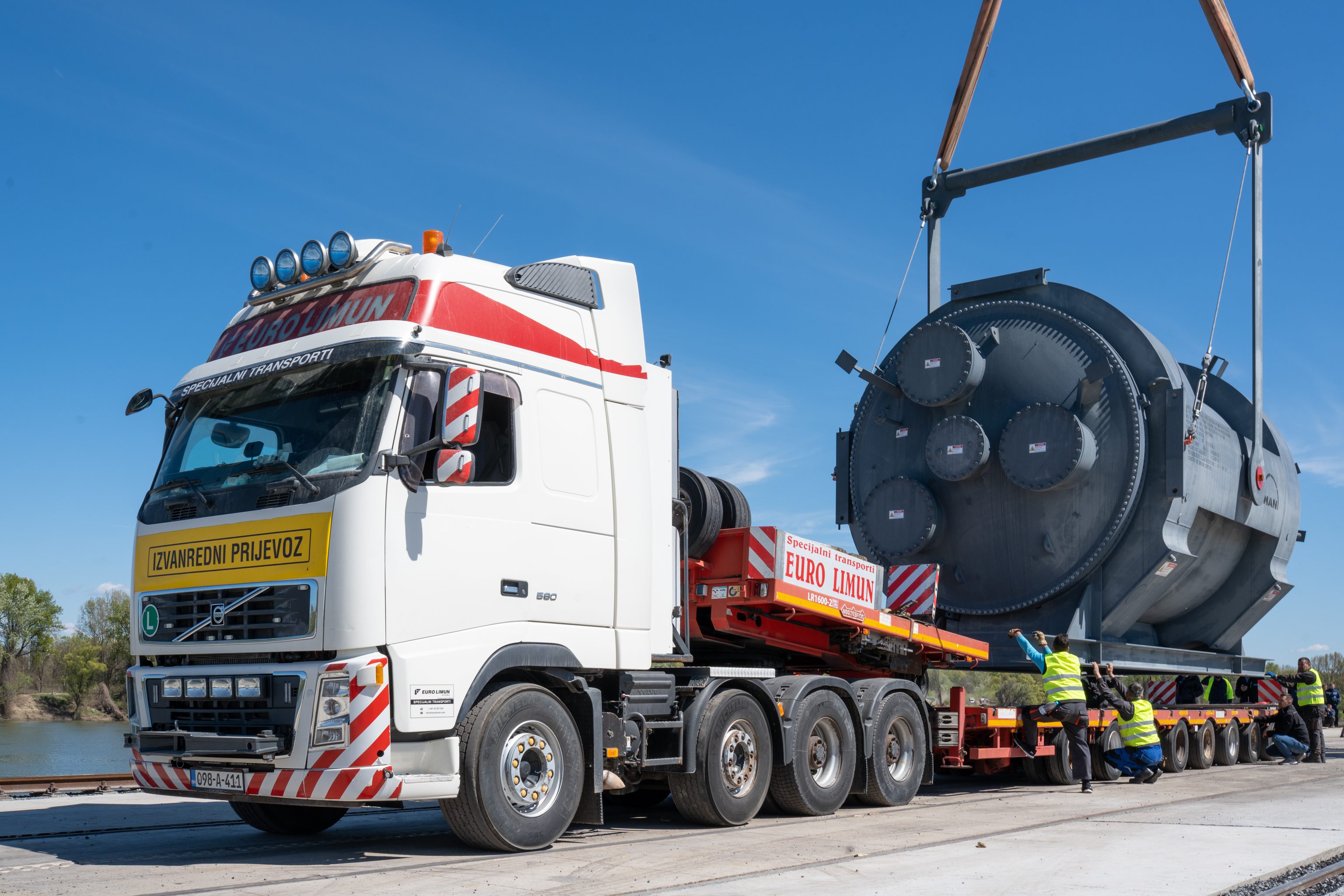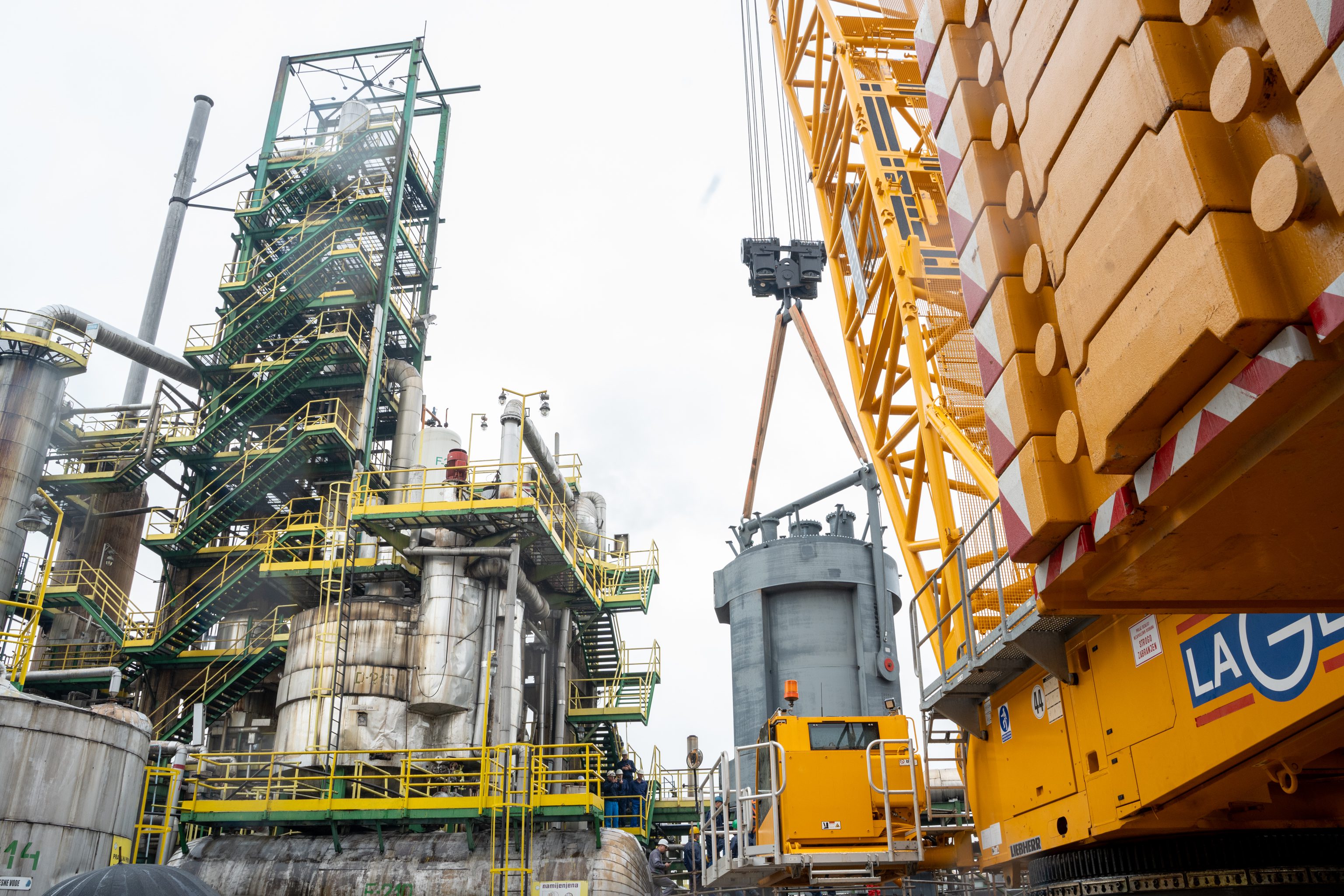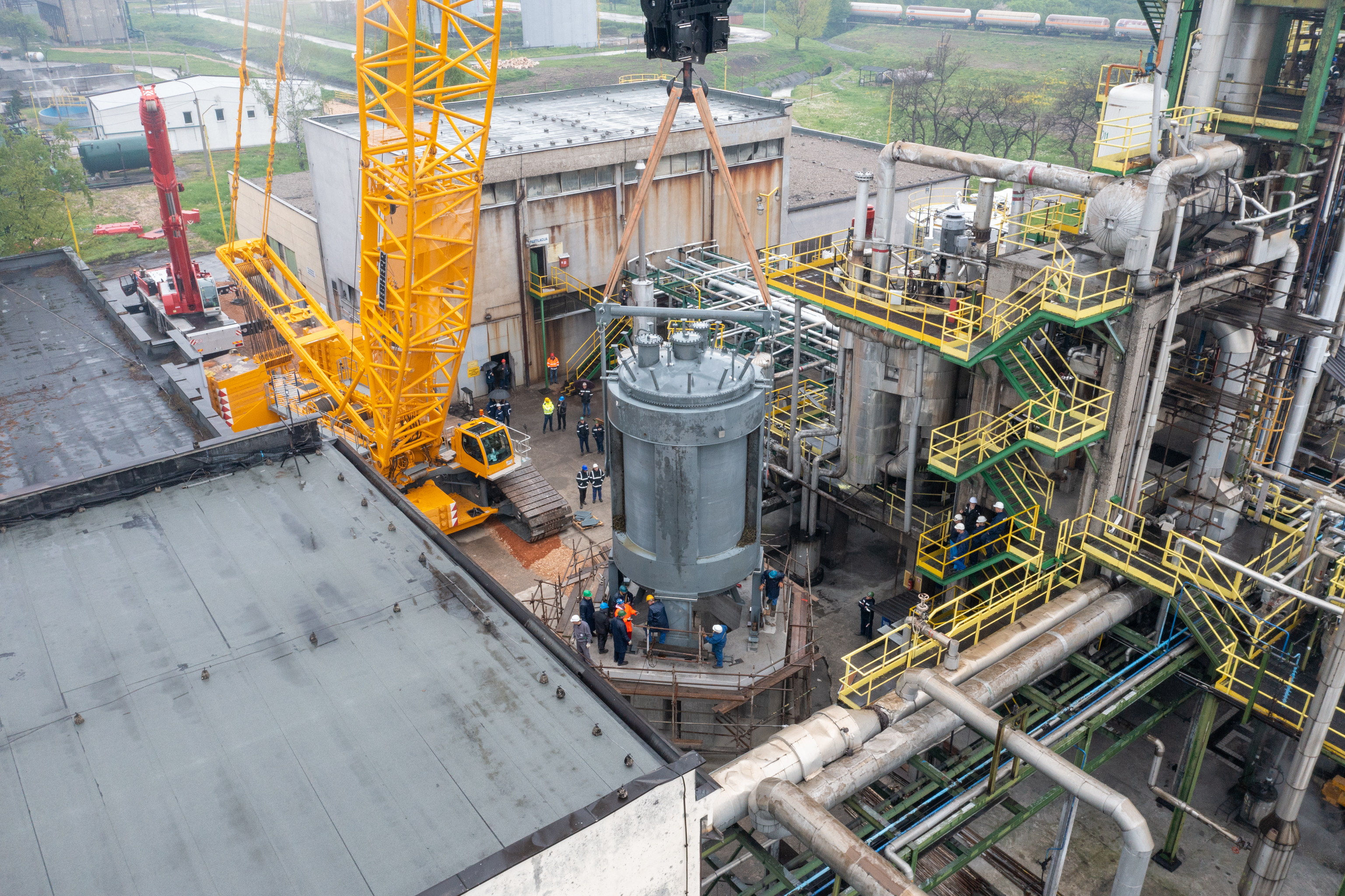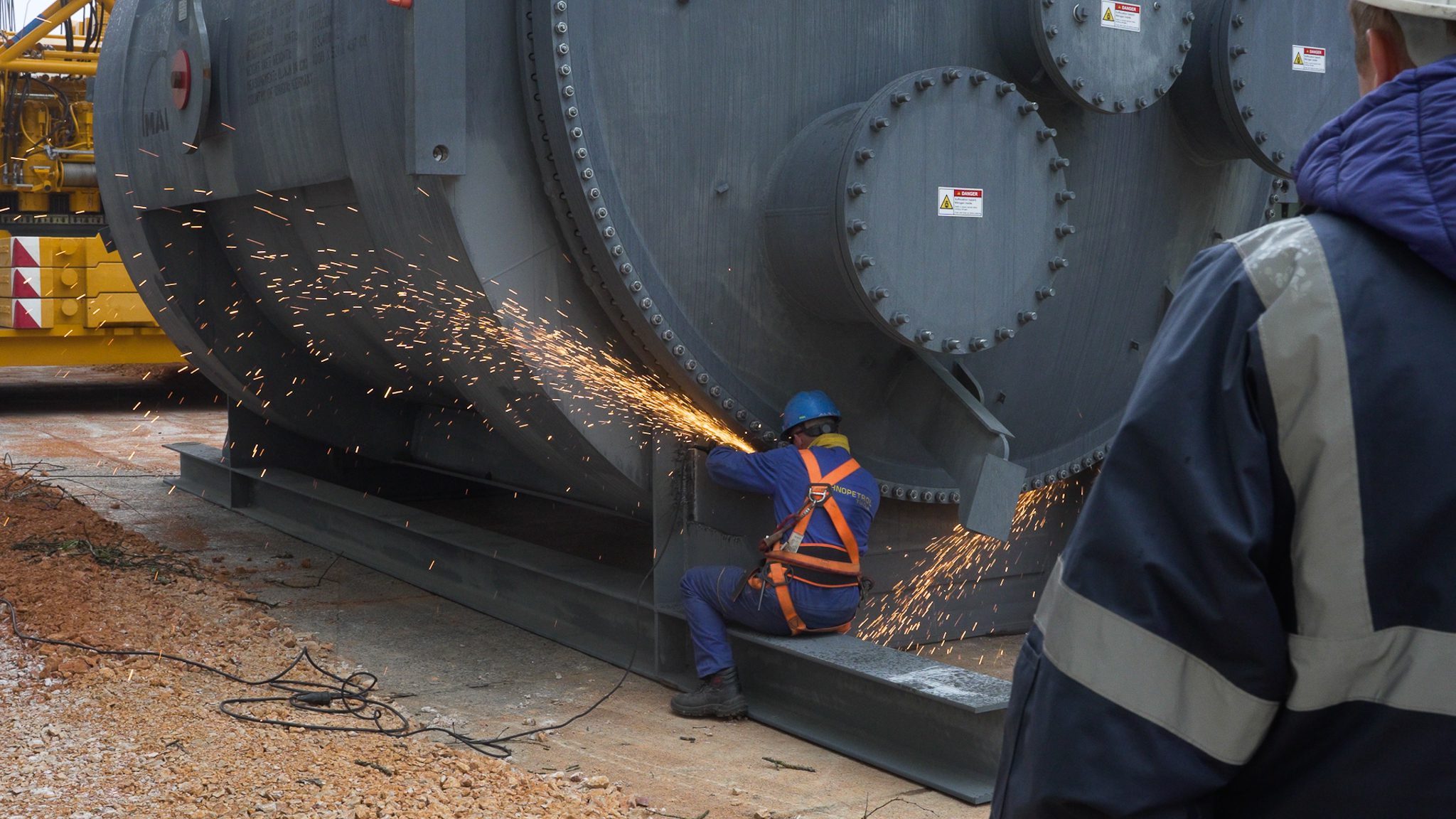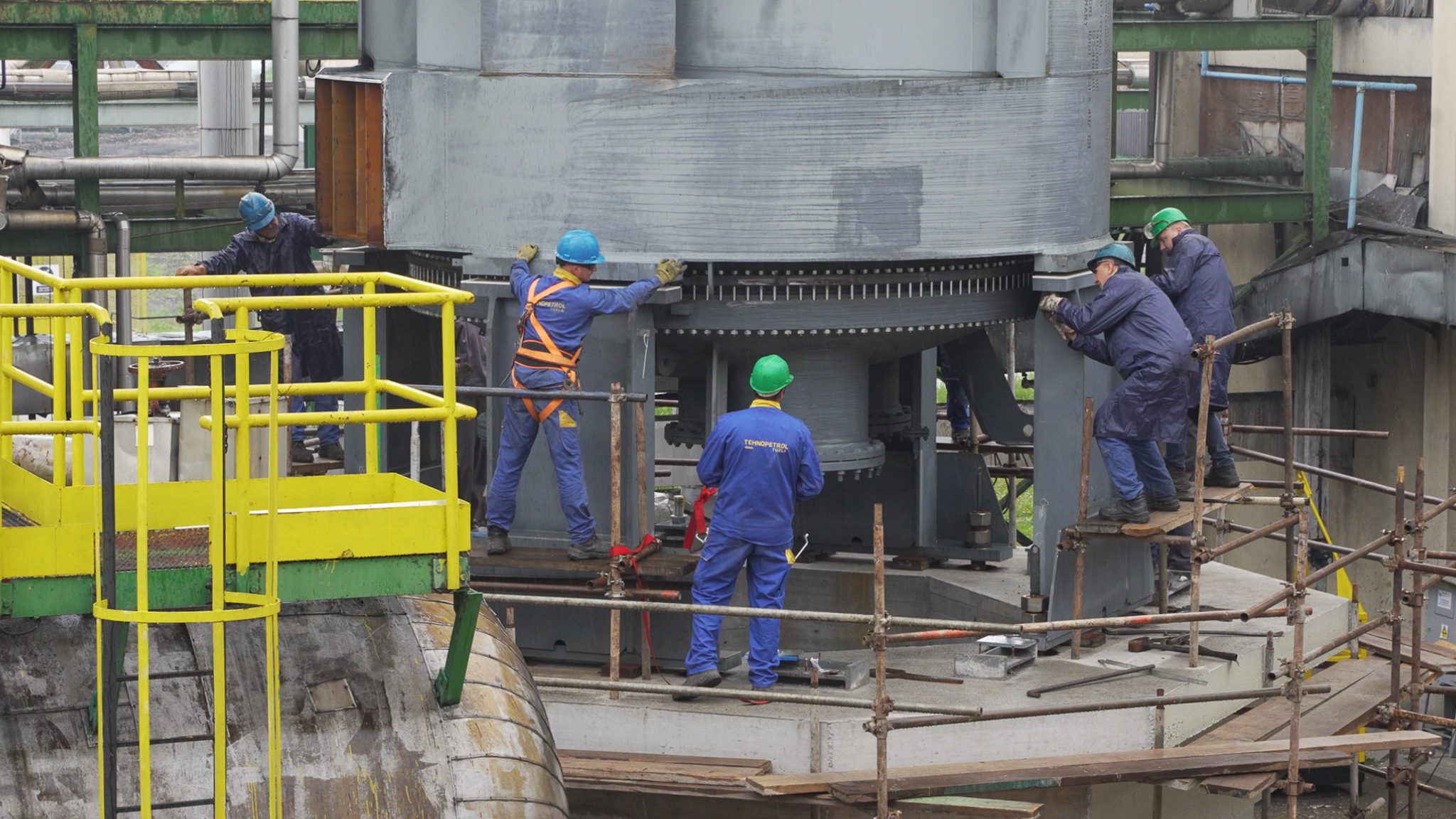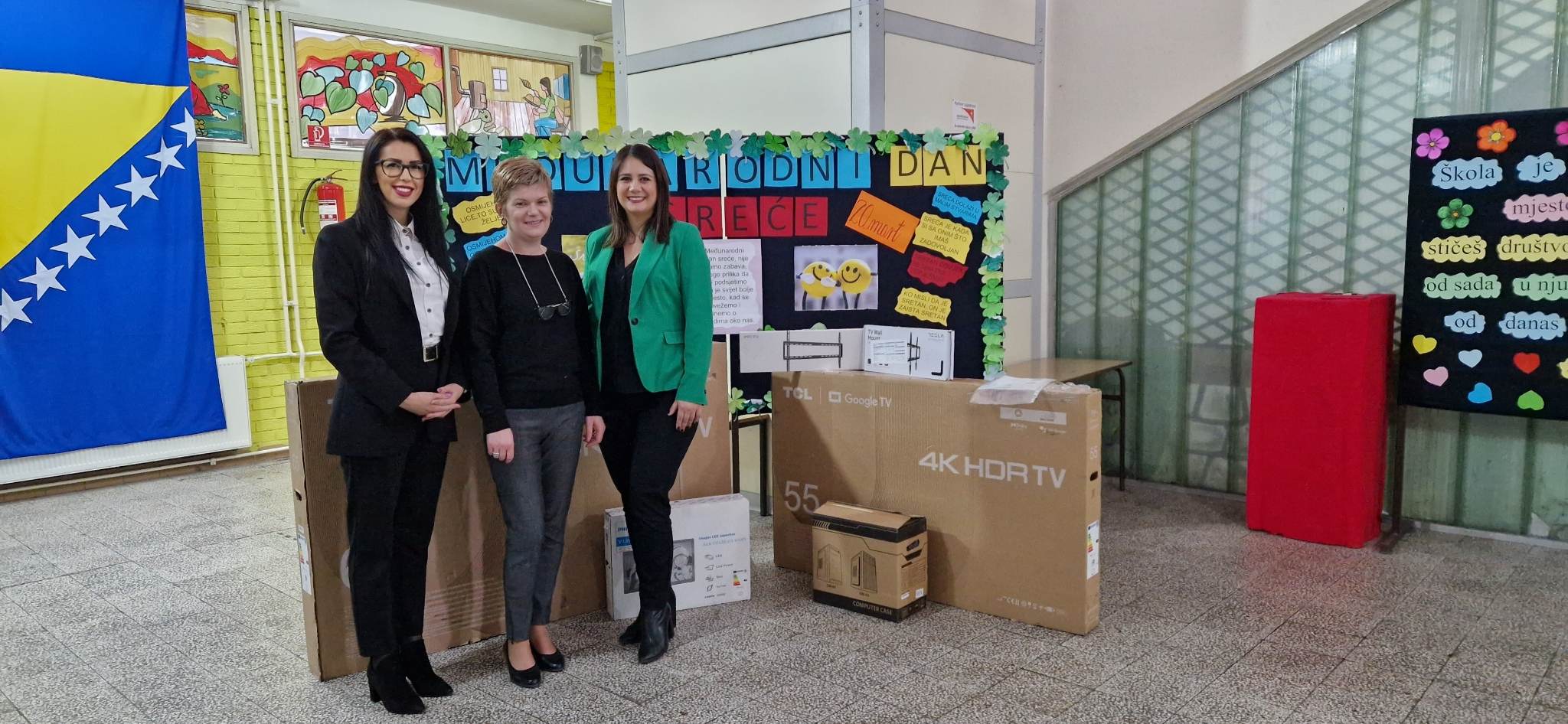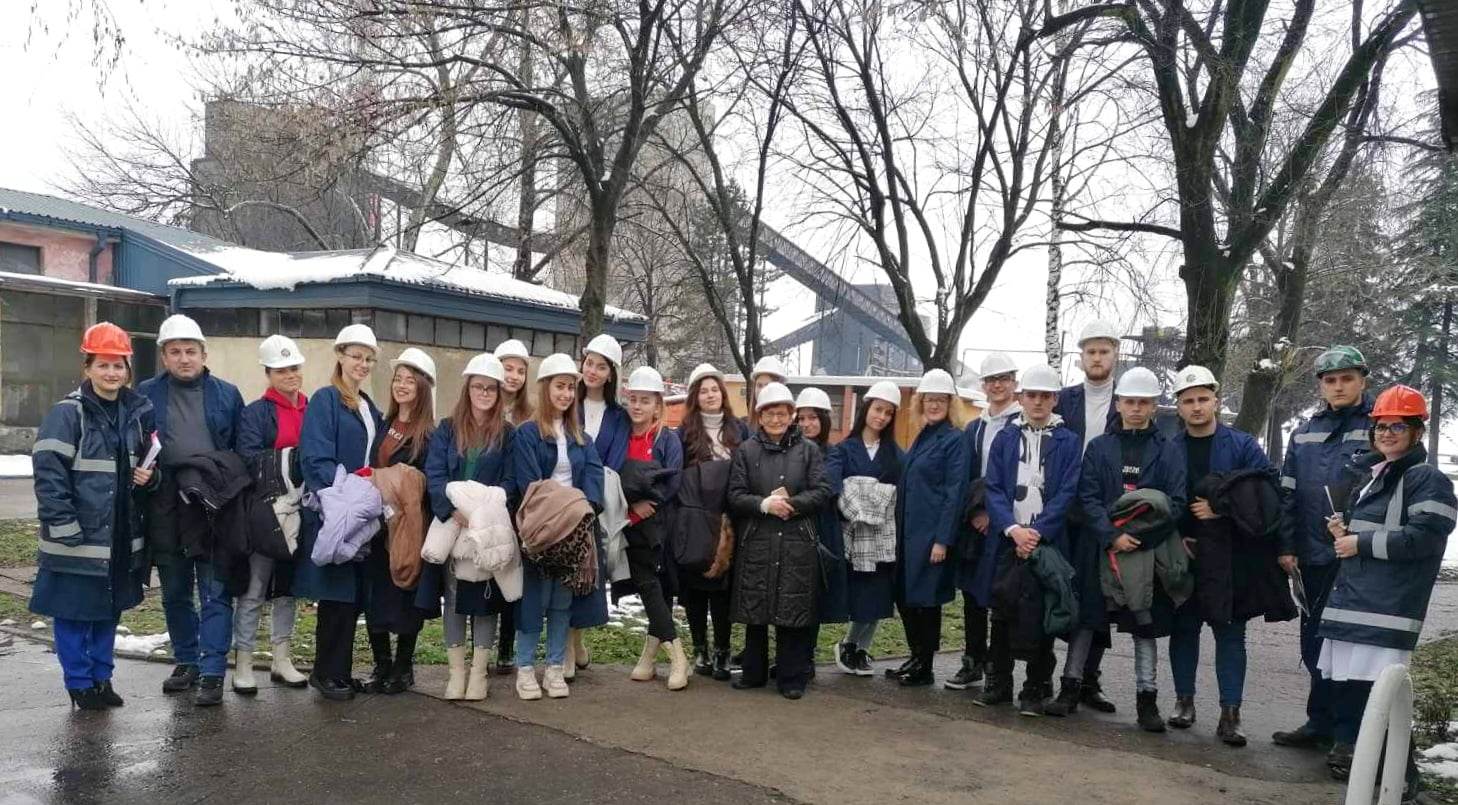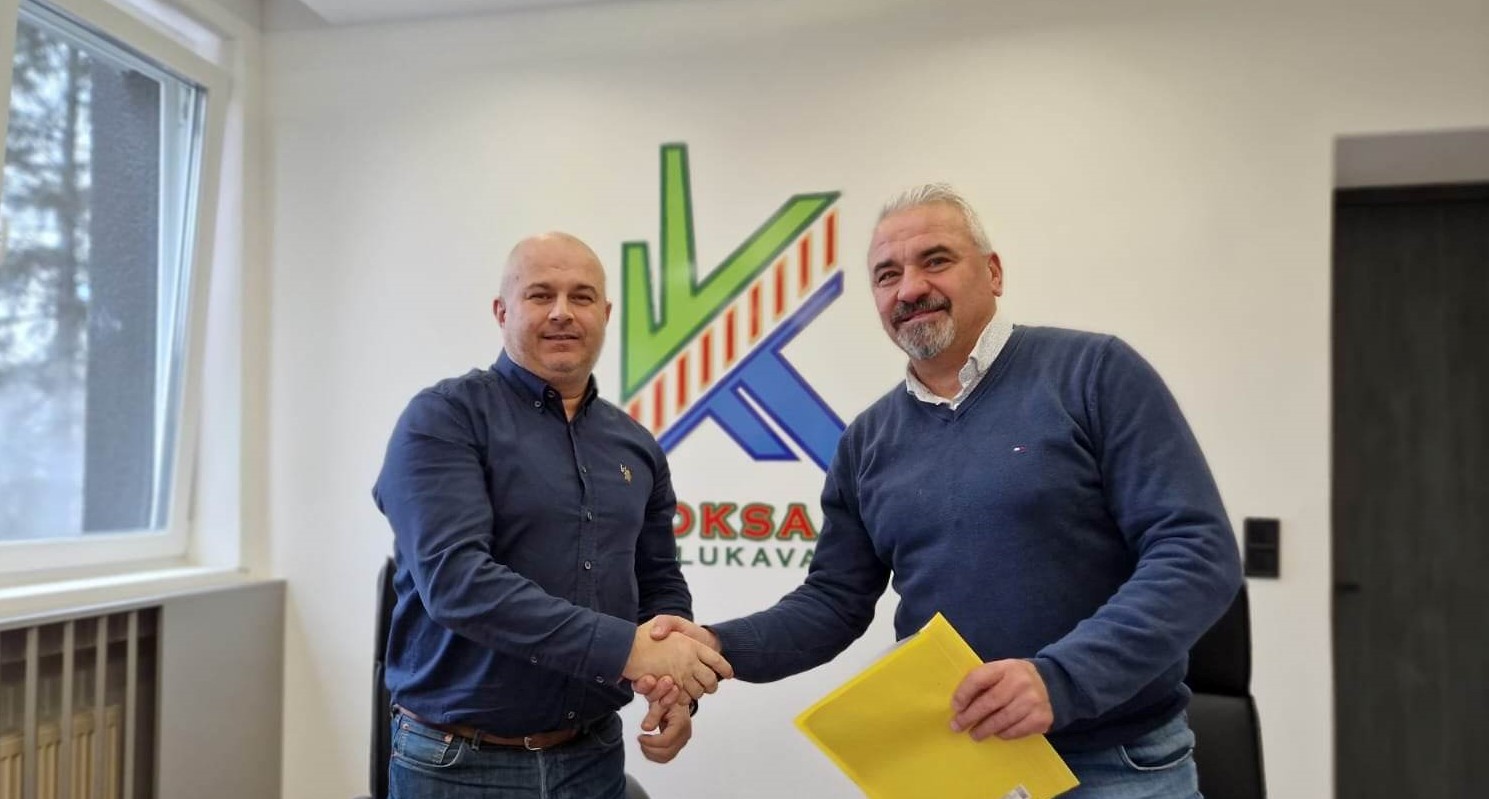The global steel industry should rebound next year, resulting in increasing demand for coke, and the Lukavac company GIKIL has the capacity to produce it in the regional framework, according to Klix.ba.
Bosnia and Herzegovina can benefit from this industry in terms of socioeconomic advancement, but it is unclear how much the state apparatuses would recognise this because, at the moment, only one coke battery is operational in our country, while new ones are being built in Europe.
Global trends indicate that the steel industry has been in a particularly tough position for the past 2.5 years, which has had a negative impact on companies like Global Ispat Koksna Industrija Lukavac (GIKIL), which is primarily based in that economic area.
The Lukavac giant concluded the year with a financial loss, and as a negative consequence, the two-decade strategic partnership with Željezara Smederevo was terminated at the end of 2023. Even still, targeted investments are realized, results are still obtained, and chances for further advancement can undoubtedly be created in a somewhat complex setting.
“The end of cooperation with Željezara Smederevo resulted from the actions of our rivals, namely the Polish company JSW, a much bigger conglomerate than us because it is owned by the state and enjoys a more advantageous position given that they use their own coal to produce coke, whereas we import the special coals we require from America. However, they also managed to take over our long-term contract with Smederevo steel plant, which puts into question GIKIL’s very survival despite our superior metallurgical coke that is unmatched,” GIKIL’s managing director Mr. Almin Suljić states at the beginning of his interview for Klix.ba.

In the most recent quarter, GIKIL responded quickly, rerouting a portion of its coke output to customers in Turkey, Algeria, Italy, and Austria and through negotiations it has only began returning to the Smederevo plant. By year’s end, ten thousand tons of the high-calorie synthetic solid fuel will be shipped to them.
We consider Željezara Smederevo as one of our strategic partners; therefore this is very important to us. We also expect that the industry’s revival would result in increased quantity and more deliveries. Additionally, both countries are interested in the current idea regarding the reconstruction of the railway that connects this region of Bosnia and Herzegovina with Serbia which also gives us hope for a faster and greater turnover of goods with one of our most important partners adds Mr. Suljić.
The company ArcelorMittal in Zenica decided to entirely shut down its production, i.e., to close the coke battery, the capacity of which was used for the needs of its own steel plant. Currently, Bosnia and Herzegovina only depends on GIKIL for coke production.
On the other hand, during the last four years, GIKIL has invested 23 million KM to enhance its coking facility, which has an annual capacity of 600–650 thousand tons of coke, particularly in the area of environmental protection.
Our battery has never been shut down in comparison to the Zenica battery, mainly because of technological processes that are much more intricate. It was new when we commenced it in 2003, and it has around 40 years of service left. “We are attempting to meet the standards of the European Union, i.e., of Bosnia and Herzegovina, based on our maintenance and prior investment, particularly in the context of its safety and ecological acceptability,” Mr. Suljić adds.
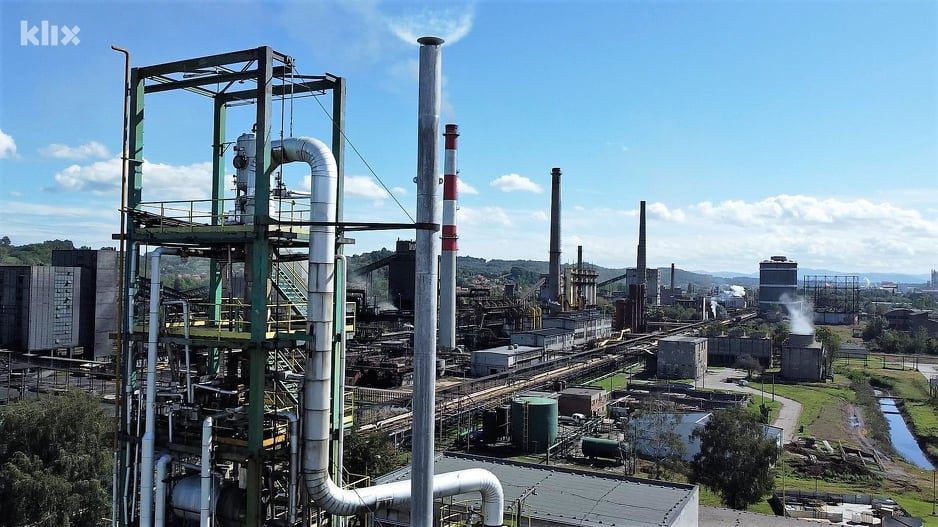
Additionally, given that GIKIL and ArcelorMittal are about to sign a deal, some of the exploitation from Lukavac should be transferred to Zenica. That commercial document stated that GIKIL would provide ArcelorMittal with amounts of coke that the Zenica-based company is unable to make any longer, which is approximately 25 thousand tons per month.
This commercial partnership is crucial because it would give GIKIL the kind of business stability that is currently unachievable through short-term contracts with smaller clients. “We have already had discussions, and in this case, it is crucial that the Government of the Federation of Bosnia and Herzegovina is aware of all the developments, that they understand the significance of our role, and that, for the first time, they have demonstrated their open concern while also listening to the issues and potential solutions. We are almost done with negotiations with ArcelorMittal to reach a commercial contract, which could be strategically significant for us in the future. It would be crucial that the discussions with the Government of the Federation of Bosnia and Herzegovina end with some form of official support, at least in the context of protecting domestic production,” Mr. Suljić points out.
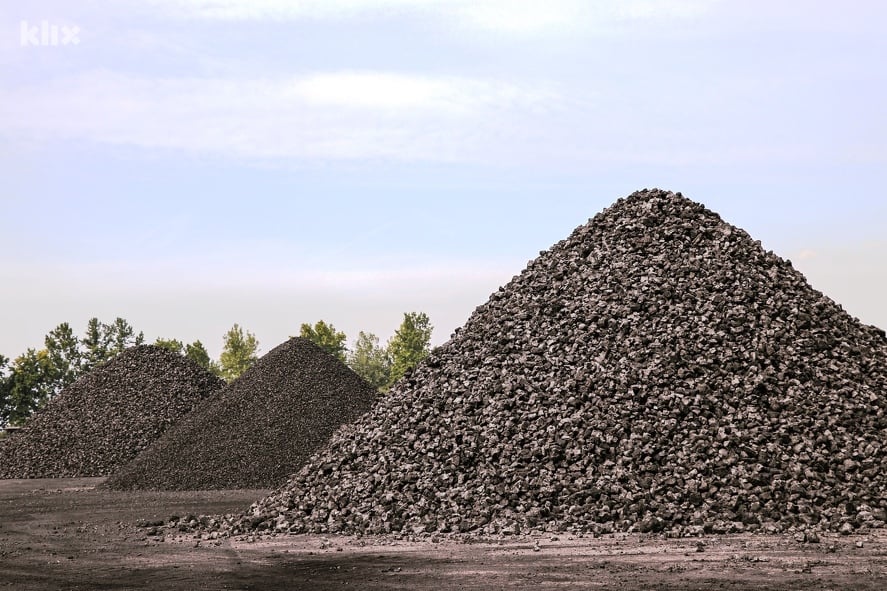
The so-called “green transition,” which is mostly being discussed in the European context, calls for the development of wind farms and other environmentally friendly energy generating facilities using massive amounts of steel. Currently, coke is used to make up to 70% of steel globally; the remaining portion is made by processing different kinds of waste. The Polish government’s support of JSW in building a new coke battery with the same capacity as ours, to the tune of $27 million, is the clearest indication of the future of metallurgical coke. In terms of money, the global market for metallurgical coke was valued at 194 billion dollars in 2023 and in four years it is expected to grow to 247 billion dollars”, adds Suljić.
Only newly constructed coke batteries, the opening of which has already been announced, will be able to supply the future coke market. Although Bosnia and Herzegovina might have its own opportunities in this area, the absence of a strategy for these kinds of carbon-intensive sectors remains the issue.
It remains to be seen if Bosnia and Herzegovina will acknowledge the significance of coke production for its future economic growth, but given that GIKIL is the only company in the region capable of producing this kind of solid fuel, it is plausible that the company could play a significant strategic role.
Considering that this company has direct business relationships with over 400 different economic entities, its role also has socio-economic relevance.
“Because the transformation in the steel industry is one that is not going to stop and has the potential to replace the traditional method of production in the near future, it is imperative that Bosnia and Herzegovina recognize these trends.” Furthermore, GIKIL is currently Bosnia and Herzegovina’s greatest business challenge, and huge businesses are typically essential to any state’s development. Mr. Suljić highlights that it is crucial that the state continues to support this industry since it has the potential to be very prosperous in the future.
Four years ago, the Lukavac GIKIL experienced zest, and the processes for obtaining water and environmental permits are now complete. The company’s management earlier seized the opportunity to strengthen work in the environmental area and to extend the life of the coke battery when the price of coke was advantageous.
The establishment of a plant for the biological waste water treatment is the most important project, which was completed recently.
Furthermore, GIKIL is nearing the end of projects that would significantly lower air pollution, on top of the dynamic plan’s recommended actions, which are also being actively worked on. It refers to setting up two new devices on Coke battery, two machines that were not in operation—one for smokeless coal loading into furnaces and the other for hooded coke receiving—and aims to enhance technology and production processes while lowering uncontrolled air emissions “continues Mr. Suljić.
He emphasizes that the plant’s capacity to produce maleic anhydride should be increased by the end of the year, as this would have an impact on the profitability of this, another GIKIL product that is very well-known and in high demand.
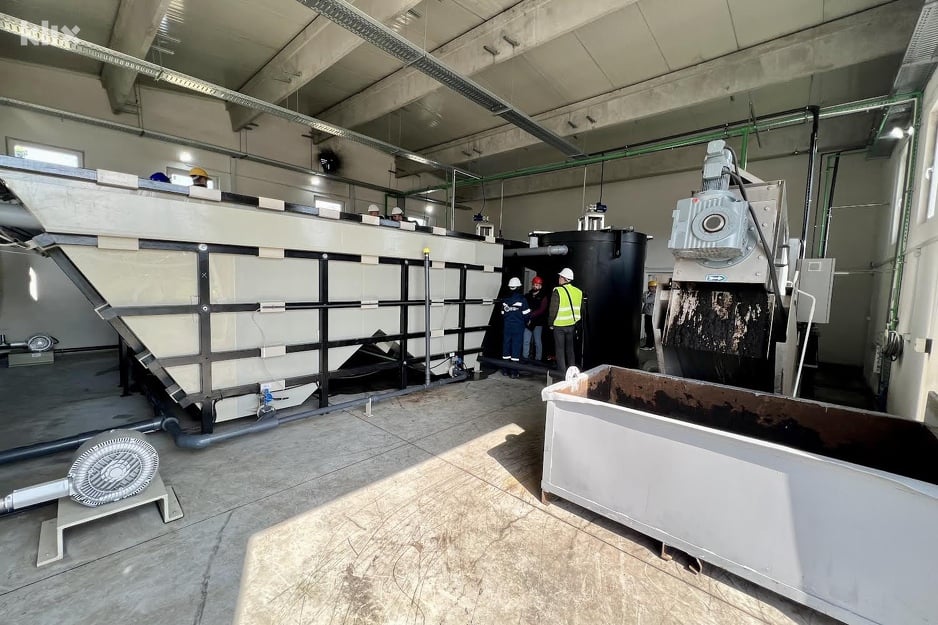
GIKIL has achieved payment operations totaling six billion KM in the last twenty years. Since all obligations have been satisfied, the state currently has no claims against this company. The aforementioned statistics clearly illustrates the significance of this company, since it directly affects slightly over 400 economic units.
“Despite the extremely challenging circumstances and the previous possibility of a plant shutdown, we can state that we adhere to all the terms of the collective agreement for our workers. Regular salary and other obligation payments are made, and we maintain constant communication with the Union to work toward a cooperative solution to end the severe crisis. Our intention is to restart the negotiations in the following quarter to discuss raising worker status, provided the market permits it, adds Mr. Suljić.
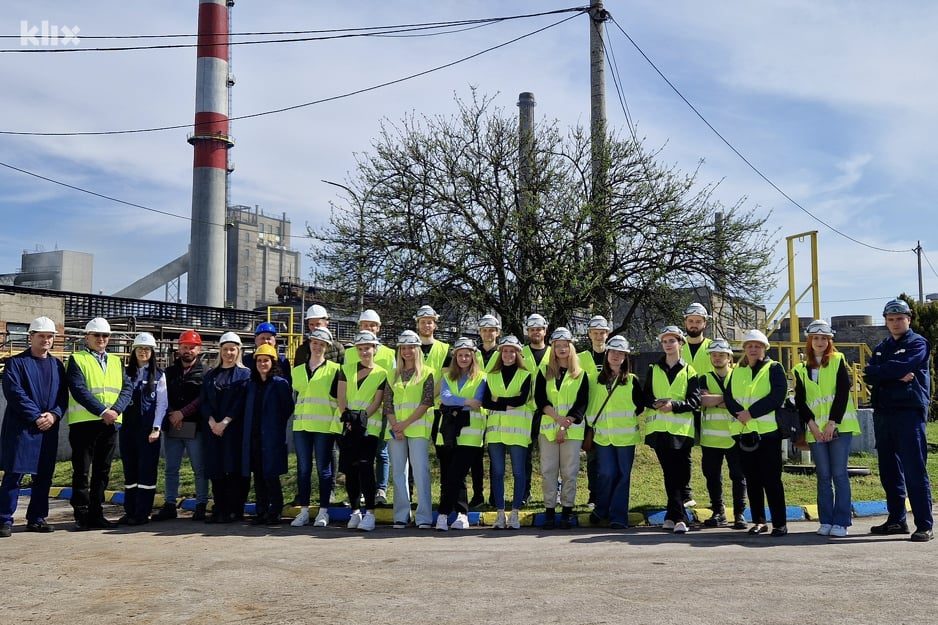
As part of its new course, GIKIL acknowledged the value of the local community and has been active in social responsibility field in recent years. They endeavor to maintain a high-quality communication with the non-governmental sector, working in tandem with them. Through their active collaboration with Tuzla’s Faculty of Technology and Mechanical Engineering, with whom they also have important collaborative projects planned, they are also involved in the educational system.



